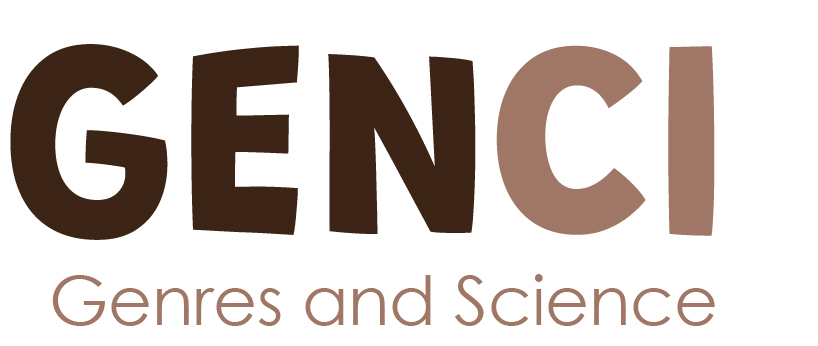100% crowdfunded! A study on phraseology for successful scientific communication in an emerging digital genre. Vela-Rodrigo, A. A.
Abstract
The close relationship between lexis and grammar has been ample proved in a considerable number of publications on corpus linguistics, highlighting the importance of phraseology when studying the performance of a genre (e.g., Hoey 2005, Gries 2008, Hunston 2002, etc.) However, despite the growing attention to phraseology in academic writing (e.g., Cortes 2004; Hyland 2008b), its study in some emerging digital genres remain in the periphery of language analysis today. Among all new digital narratives, in this presentation I focus on science crowdfunding project proposals, that consists of web-based texts with which researchers can propose a scientific research project and raise funding for carrying it out (Luzón and Pérez-Llantada, 2022). Due to the important impact of this genre in subjects of societal concern and its potential pedagogical implications, its linguistic study is presumed vital. Starting from the compilation and analysis of a 50-project corpus about environment and sustainability, in this presentation I aim to examine the structural forms and discourse functions of recurring phraseological patterns. The description of lexical bundles will serve to define English academic writing in terms of grammatical compression and syntactic elaboration, following the stele of previous studies for other genres (Biber, 2009; Biber & Gray, 2010). Preliminary results show that the analyzed crowdfunding proposals are rich in text organizing bundles (e.g., is one of the; one of the most; as a result of the) and stance expressions (e.g., we will be able; will allow me to; I would like to), offering this genre a highly informative discourse style, also persuasive, and appealing to broad audiences in order to get funding. I would argue here that through these bundles the genre performs its main rhetorical actions, namely to inform the audience and prompt donation through a formulaic language sometimes close to that of the traditional grant proposal.
